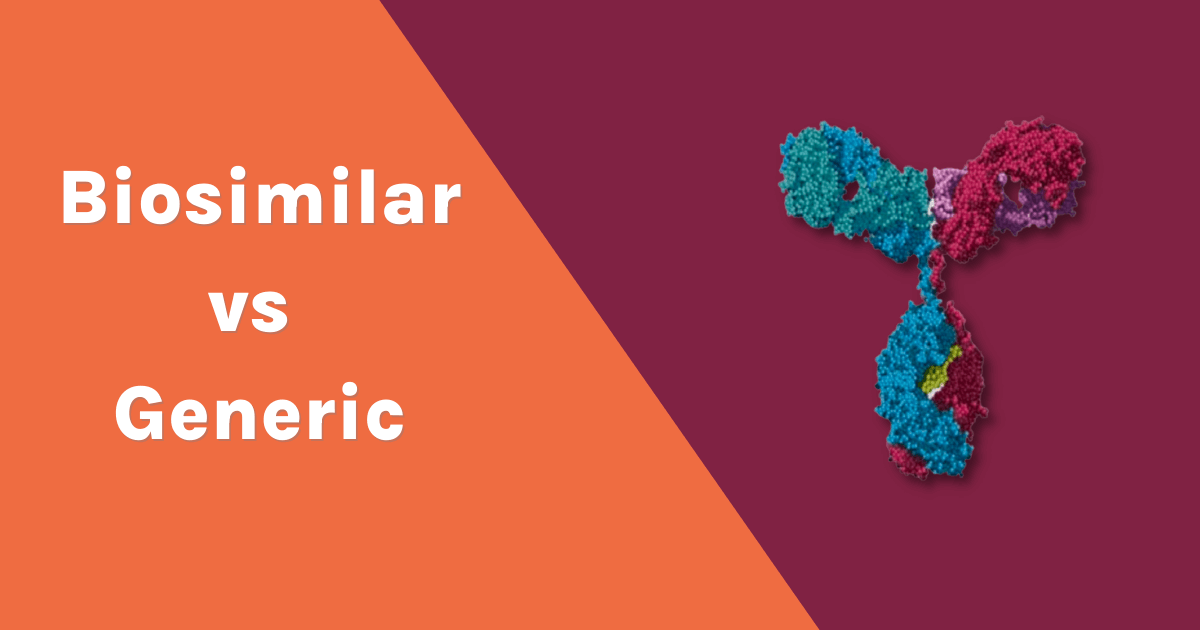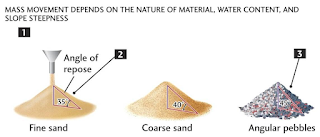Biosimilars Product: Challenging as compared to generic drug
Introduction:
Biosimilars are biological products that are highly similar to, but not identical to, reference biologic products. They are becoming an important component of the pharmaceutical industry, with the potential to provide cost-effective alternatives to existing biologic drugs. However, developing a biosimilar is more challenging than developing a generic drug. In this article, we will discuss the reasons why biosimilar development is more challenging than generic development.
- Complexity of the molecule:
Biological molecules, such as proteins and monoclonal antibodies, are complex molecules that are produced by living cells. They have complex structures that are difficult to fully characterize, and even small changes in their structure can have significant effects on their efficacy and safety. In contrast, generic drugs are chemically synthesized and have well-defined structures that can be easily characterized.
- Heterogeneity of the molecule:
Biological molecules are heterogeneous, meaning that they can have different variants, such as glycosylation patterns or other post-translational modifications. These variants can affect the efficacy, safety, and immunogenicity of the molecule. In contrast, generic drugs are homogeneous and do not have variants.
- Manufacturing process:
The manufacturing process for biological molecules is complex and involves living cells, which can be difficult to control. The manufacturing process can also affect the heterogeneity of the molecule. In contrast, generic drugs are manufactured using well-defined chemical processes, which are easier to control.
- Immunogenicity:
Biological molecules can be immunogenic, meaning that they can stimulate an immune response in patients. This can lead to adverse effects, such as allergic reactions or reduced efficacy. Developing a biosimilar that is not immunogenic is challenging, as small differences in the structure of the molecule can trigger an immune response. In contrast, generic drugs are not immunogenic.
- Clinical trials:
Developing a biosimilar requires extensive clinical trials to demonstrate its safety and efficacy, as well as its similarity to the reference product. These trials can be more complex and expensive than those for generic drugs. In addition, the regulatory requirements for biosimilars are more stringent than those for generic drugs.
Conclusion:
Developing a biosimilar is more challenging than developing a generic drug due to the complexity and heterogeneity of biological molecules, the complexity of the manufacturing process, the potential for immunogenicity, and the regulatory requirements. However, biosimilars have the potential to provide cost-effective alternatives to existing biologic drugs, which can improve patient access to important therapies. The development of biosimilars requires close collaboration between industry, regulatory agencies, and healthcare providers to ensure their safety and efficacy.




Comments
Post a Comment